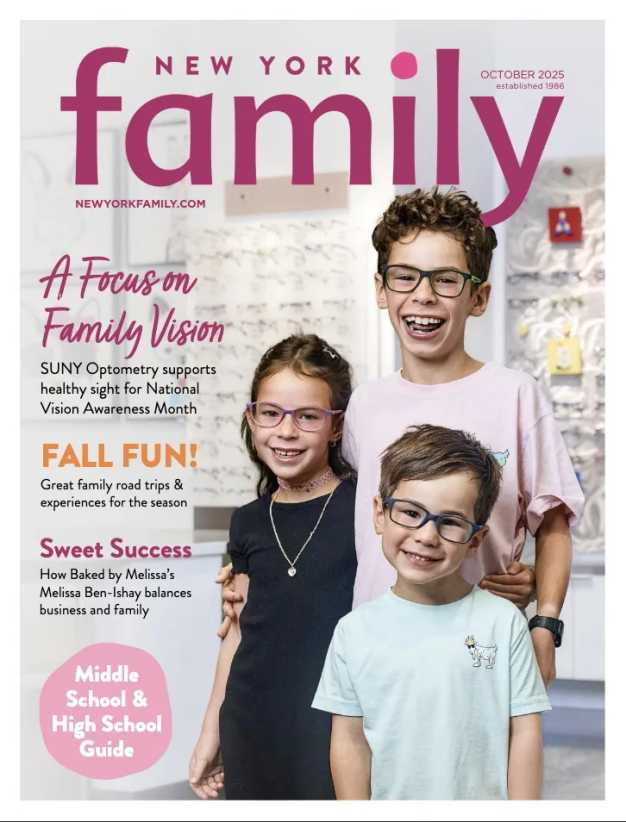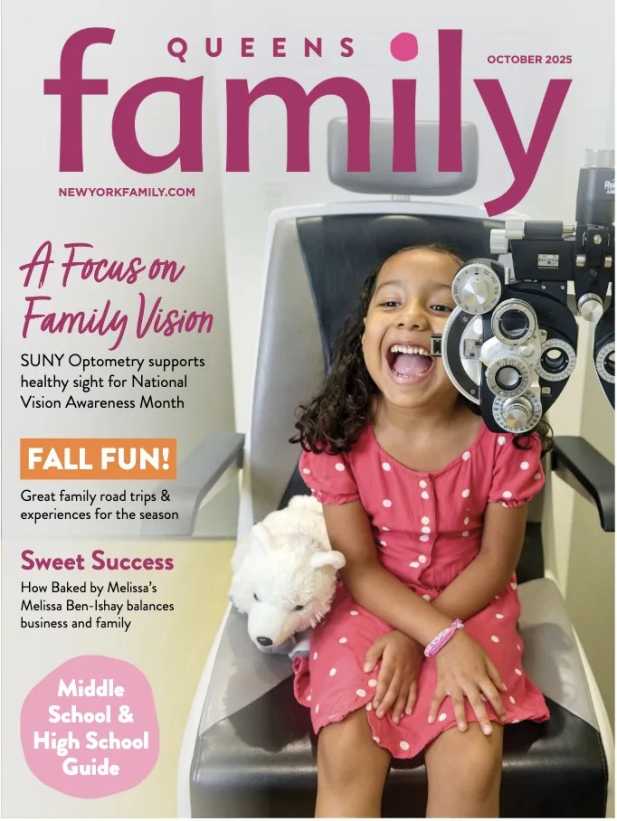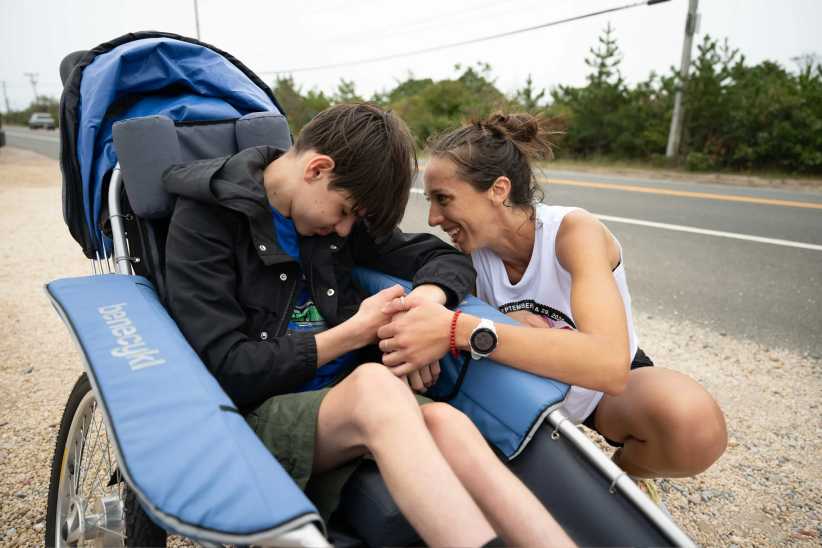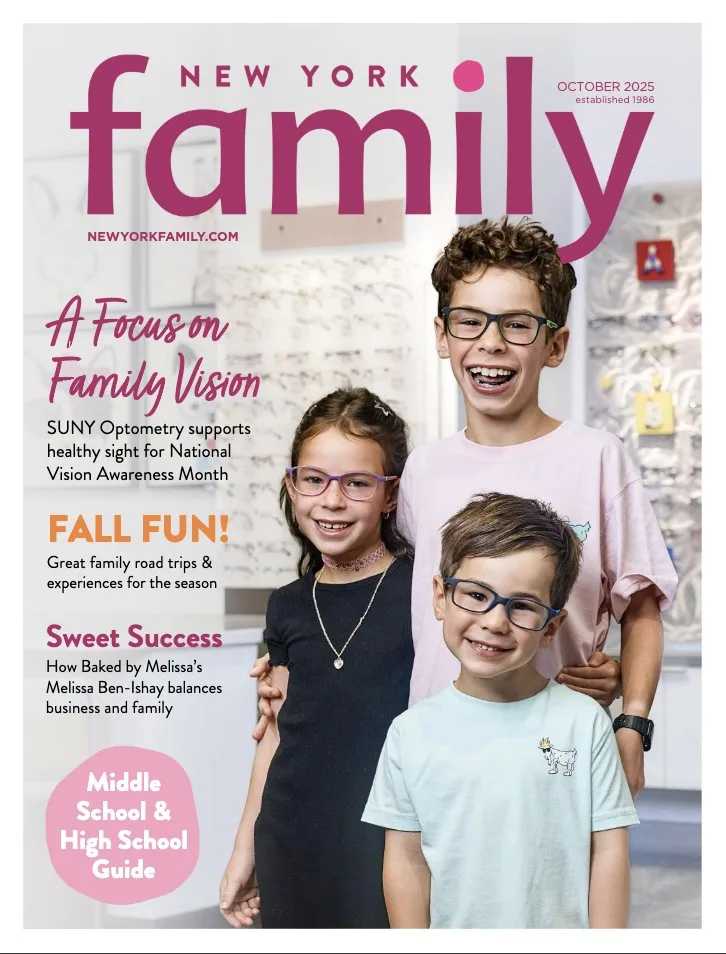In our June issue, writer Tammy Scileppi profiled Washington Heights–based author Maxine Rosaler, who drew on her own experiences of caring and advocating for her autistic son Benjy when writing her book, “Queen for a Day: A Novel in Stories” (Delphinium Books). It’s one of the first books that uses humor to illustrate the daunting challenges of raising special-needs kids, www.nypar
Here’s part two of Scileppi’s interview with Rosaler:
Tammy Scileppi: What do you think needs to be done to get kids like Benjy a quality education?
Maxine Rosaler: You need to start with teachers and administrators who really care about what they do. As with everything else in life, character is what matters the most. And then parents have to do their own research and decide on what approaches would work best with their children.
Everything begins and ends with the parents. Parents with handicapped children have to rely on each other for information and recommendations for the schools and people who would work best with their children.
TS: What would you say are parents’ biggest fears and challenges?
MR: What will happen to our children when we die? I’m in the process of trying to peddle an essay I just wrote about that. There are so many threats that hang over the heads of our children. I want people to know about them. My hope is that if the right people understand more about the kinds of dangers our children are in, and how hard so many of us parents have worked, and what many of us, against all odds, have managed to accomplish, then maybe someone will be willing to step up to the plate and try to do something to help. Without us, our children are helpless.
TS: How do you feel (or how are you made to feel by others) as the parent of a special-needs child?
MR: For one thing, I have never identified myself as the parent of a child with “special needs.” I have never looked outside myself, in that respect. As far as how I am made to feel by others, there have been times when I have walked down the street with Benjy, and I don’t like the way people look at him or me. As I said at the beginning of [the chapter] “Route 94” — I hate the pity more than I hate the intolerance.
TS: Share some surreal situations you’ve experienced.
MS: I think the entire experience has been kind of surreal: Being thrown head first into this world you never even knew existed. Living in a constant state of emergency. Dealing with this incredibly inflexible bureaucracy. The cruelty, dishonesty, and incompetence of so many of the people I have met. The world that the parents of children with disabilities are forced to inhabit is a world fraught with miseries that other people can’t imagine.
TS: Talk about “searching for miracles, begging for the help of heartless bureaucracies, while arranging every minute of every day.”
MR: My early experiences were completely dominated by the fight. As far as searching for miracles were concerned, like many parents of children with disabilities, [my husband] Phil [Margulies] and I put all our money and all our hope into many things that turned out to be of little or no help: There was the behavioral therapy I described in “Queen for a Day” that promised a nearly 50-percent cure rate. And we tried diets and disgusting vitamin drinks for Benjy. Things that made him suffer, that were of no use to him at all, and that ended up hurting him instead of helping him.
TS: Could you speak to this phrase from a review of your book by The Atlantic: “a struggle to prosper in the face of bad choices”?
MR: I think [Atlantic fiction editor] C. Michael Curtis was referring to the ultimate optimism that somehow comes through in everything I write — although my writing, while often comical, is also often dark, in the end, somehow, I end up on the side of hope versus despair. Because I am — at heart — an optimist.
TS: What are the greatest joys that parents of special-needs kids can hope for?
MR: For us, there are the little triumphs that for any other parent would not seem like triumphs at all — to them, our little triumphs would seem pathetic, no doubt. Every time our children show any signs of progress, we rejoice.
TS: What is your book’s message?
MR: I want to tell parents to take care of themselves — partly so that they can take better care of their children, but also because they have a big burden to bear, and they deserve to give themselves a break. I also want them to accept the fact that they will always make mistakes. I want them to know that they have limits. And that they need to know what their limits are and to accept them. I also don’t want them to feel that their identities have to be consumed by the fact that they are the parents of children with disabilities. Mind you, none of this is advice I follow myself. To sum it up: I want them to learn, by [my “Queen for a Day” character] Mimi’s example, not to be like her!
Tammy Scileppi is a Queens-based, regular contributor to New York Parenting.




























